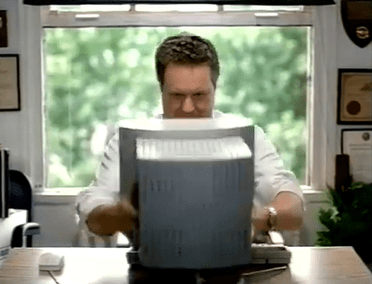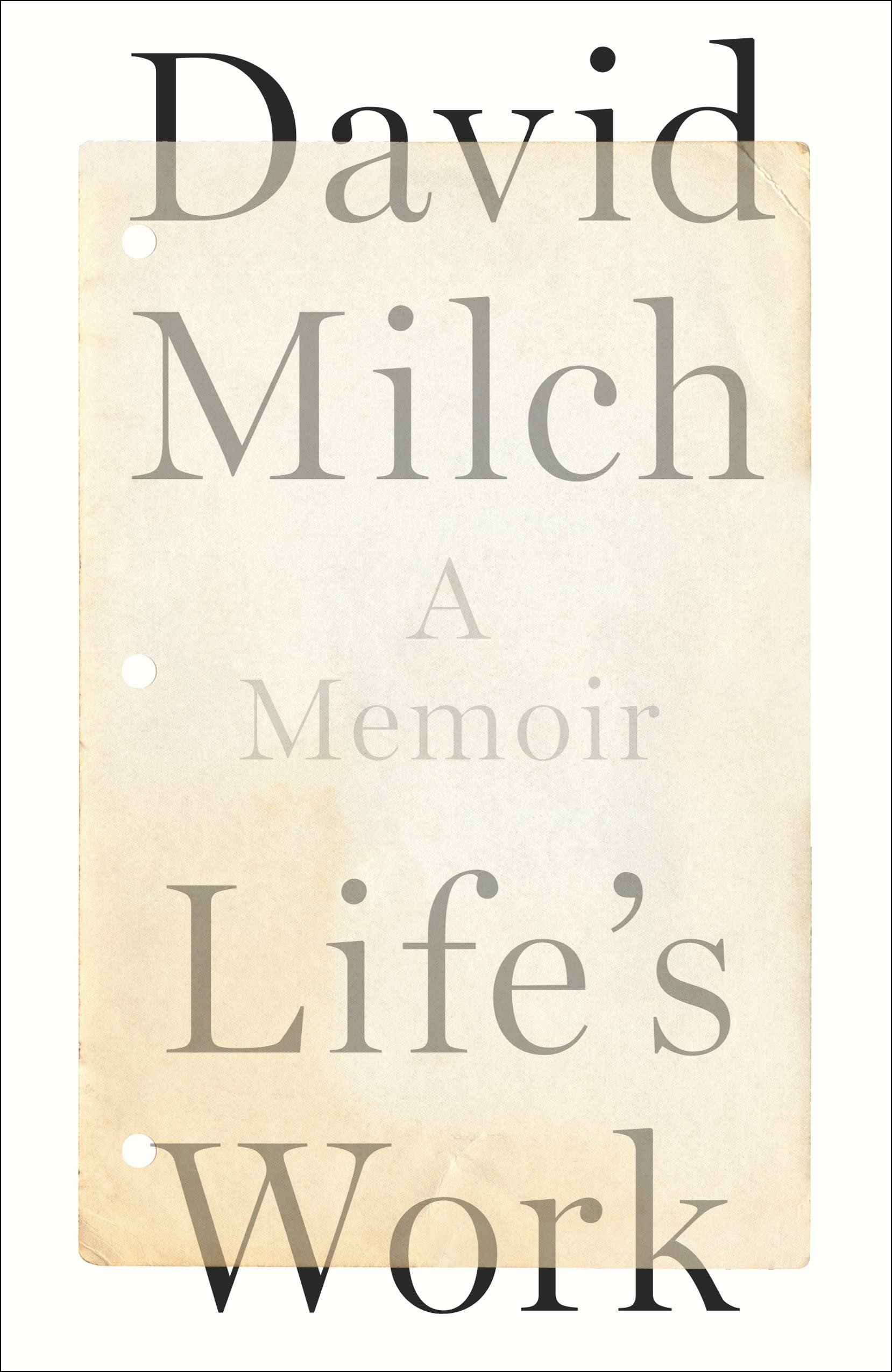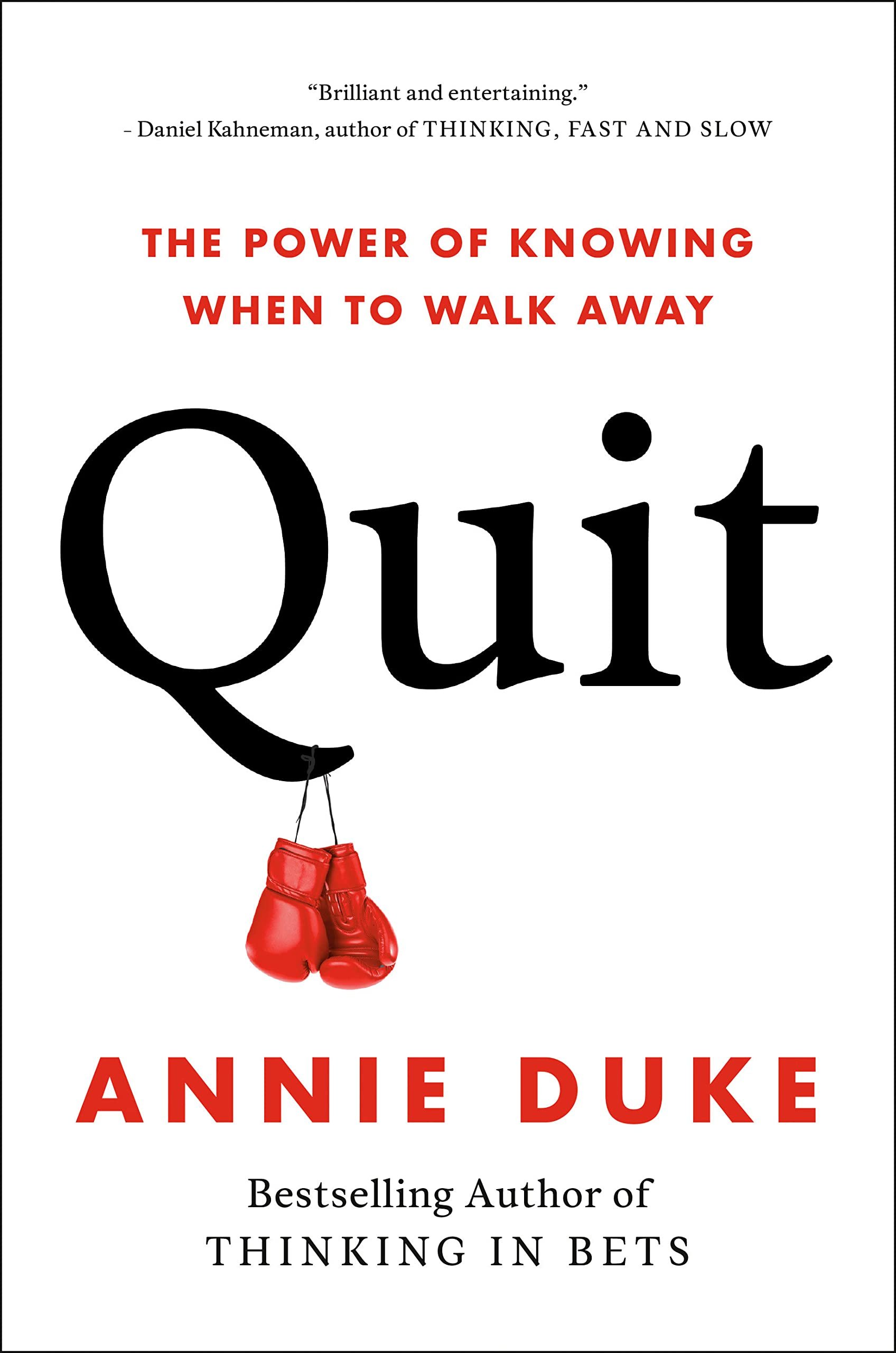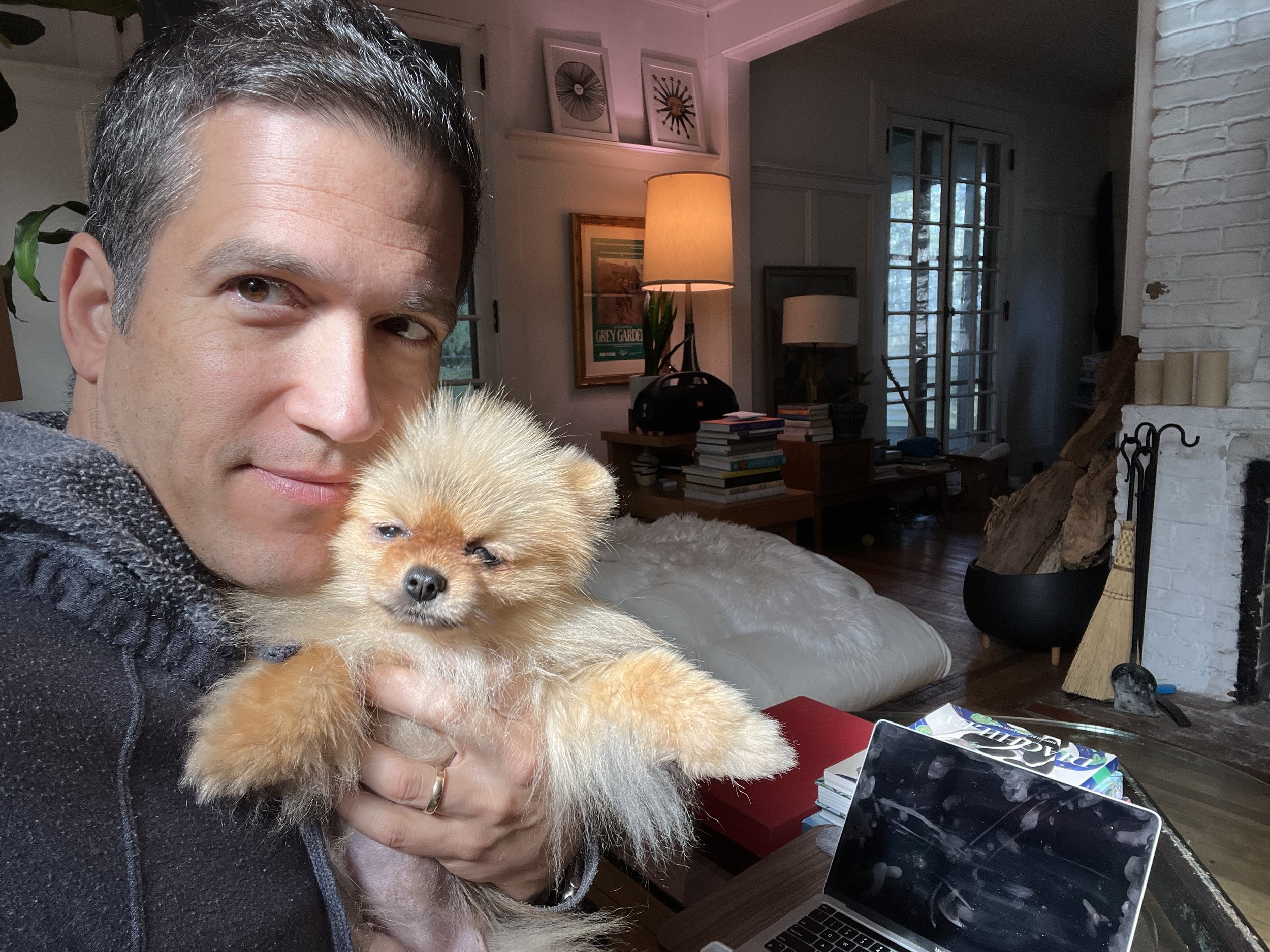Moved to Substack
I’ve moved my newsletter to Substack. That’s where I share new writing, book updates, and behind-the-scenes thoughts on the creative process.
Adderall Made Me an Extrovert
Last night, I went to Kings Theatre for an event featuring my wife and Kathleen Hanna, the feminist punk rocker from Bikini Kill and Le Tigre, who just released a memoir, Rebel Girl. It was a scintillating conversation (and encouraging to see hundreds of people show up to watch two people talk about a book, of all things). Afterward, we got drinks with friends, and because it was *voice modulator* DEEP BROOKLYN, I didn’t make it home until 2 am.
I woke up early the next morning and, after wearily hustling the kids to school, rushed home, desperate to sneak in a nap before starting my workday. Then I saw on my phone that I had a boxing workout scheduled in twenty minutes. No way, I thought. I’m too exhausted. But I’d canceled last minute on my trainer last week, and I couldn’t do it again. I raided the fridge, hunting for caffeine (I don’t drink coffee, but I’m a fiend for Celsius energy drinks), but no luck.
Then I saw my older daughter’s Adderall bottle sitting among the vitamins. I’d only taken Adderall twice in my life before. The first time, years ago, I cleaned the entire house in a euphoric haze. The second time, last year, I redecorated my entire office while unironically listening to “Freebird” on repeat and then ran five miles (more “Freebird”).
I opened the orange bottle and shook a pill onto my palm. I poured myself a glass of cold water. Is this a bad idea? I wondered. Of course, secretly I knew the answer. If you have to ask yourself if something is a bad idea, it usually is. Ah, what the hell, I thought, and swallowed the pill.
Soon, I arrived at the gym and began warming up. My trainer, Eddie, a short, friendly Dominican man in his sixties, asked me how I was doing. Since I’m both introverted and a bit shy, my usual answer is a shrug or a quiet “OK.” Suddenly, however, I heard myself announce, “I’m great! Excited to be here! How are you doing? Good? Glad to hear it! Hey, do you think Mike Tyson will take a dive in the exhibition fight with Logan Paul? God I hope not! When I was a kid, Tyson was the toughest man on the planet…”
Eddie gave me his opinion about exhibition fights, but I could see a little surprise in his eyes. I’m not in great shape and can barely talk while skipping rope. But today I was babbling non-stop while hopping up and down at a frenetic pace.
“So Eddie, when did you move here from the Dominican Republic?” I asked. “I’ve heard it’s beautiful. Are there spiders though? Don’t love spiders…”
Cheerfully, Eddie began to tell me about his life in the Dominican Republic before he came to the US. For the rest of the hour-long session, I peppered him with questions that I would never have asked if I wasn’t out of my mind on Adderall. His answers were cheerful and good-natured and occasionally scandalous (he had an illegitimate daughter with another woman a while back and when he told his wife, she agreed to stay with him, but it was the closest they came to divorce during their thirty-year marriage). By the time the session ended, I’d learned more about him in one day than in the previous six months we’d trained together.
This must be what it’s like to be an extrovert, I thought with wonder as I left the gym. Everyone is interesting! No questions seem intrusive or inappropriate! Being around people is energizing!
As the day went on, my mania slowly wore off. Eventually, I resumed my quiet, introverted existence, sitting alone in a room and obsessively rewriting conversations between imaginary people.
It was fun while it lasted.
My Q&A with Amanda Montell, author of The Age of Magical Overthinking
Recently, I had the pleasure of interviewing Amanda Montell about her new book, The Age of Magical Overthinking, for the Next Big Idea podcast. An instant New York Times bestseller, the book is an incredibly entertaining blend of cultural criticism and personal narrative that explores our cognitive biases and the power, disadvantages, and highlights of magical thinking.
We covered a range of topics, from how the halo effect cultivates worship (and hatred) of celebrities to how the sunk cost fallacy can keep us in bad relationships, as well as what’s up with astrology, and finally, what can we do about our sneaky, weird little brains?
If you’re curious, you can listen to our conversation for free on Apple Podcasts, Spotify, and YouTube.
3 Good Things to Check Out
Before I go, here are three things I recommend you check out:
READ: The Sculptor by Scott McCloud
I’d meant to try The Sculptor way back when I heard Neil Gaiman call it “the best graphic novel I've read in years.” Almost a decade later, I finally got around to reading it and was thrilled to discover it worthy of the praise. A beautiful, moving story about art, love, fear, connection, death… pretty much all the big themes.
LISTEN: “Cosmic Vibrations” by Foxygen
I can’t take credit for finding Foxygen; my daughter, Mathilda, introduced me to this band. All of their albums are great, with inventive stylistic flourishes. A nice starting place is their 2014 album “… And Star Power,” especially the sweeping, anthemic, sing-along track “Cosmic Vibrations.”
WATCH: The Gentlemen (Netflix)
Guy Ritchie’s original new series about British aristocrats + gangsters is a propulsive and entertaining mash-up. The casting is perfect & the acting is top-notch (that said, the ne’er-do-well brother almost steals the show). Enjoy!
The Surprising Value of Inconvenience
Dear friends,
One morning last July, while I was eating breakfast with my thirteen-year-old son, Roman, at a little village taverna in southern Greece, he kept complaining about the bees that kept flying over to our table, drawn by the orange juice. “Can’t they stop the bugs from bothering us?” Roman asked, flinching as another insect buzzed past his face.
“There’s not much they can do,” I said. “We’re outdoors.”
“Can’t they, like, get a big net?”
“Do you want to eat inside of a big net?”
“Not really.”
“Just ignore the bees,” I said, and speared my feta and tomato omelette with a fork. “They’ll go away.”
With fledgling adolescent sullenness, Roman crossed his arms and glared at the flying, striped intruders.
My children love visiting Greece, but they also complain now and then that it’s not as convenient as life back in the U.S. The WIFI is erratic (as is the air conditioning); stores have brief, inscrutable hours; beach showers are freezing; you can’t flush toilet paper; waiters won’t bring you the check until you essentially beg them… a far cry from America, where convenience and speed are practically our birthrights.
I share this anecdote not to embarrass my son (Roman is actually super easygoing; his twin sister would have shrieked and sprinted from the table at the first sight of a bee) but because it came to mind last week when I was prepping to interview Susan Cain about her new book, Bittersweet: How Sorrow and Longing Make Us Whole.
During our conversation (which you can watch by clicking here or on the above image) Susan beautifully articulates how and why sad things can be so paradoxically uplifting. (Fun fact: according to a University of Michigan study, people whose favorite songs are happy listen to them about 175 times on average. Those who favor sad/bittersweet songs listen almost 800 times.)
While sadness and inconvenience are far from synonyms, it seems to me that there is a potentially related element in our American desire for convenience and comfort at all times. Thanks to technology, it’s only grown more pronounced; smartphone apps are designed so that we can more easily avoid feeling any discomfort for very long; we just click a button and instantly summon whatever we think is currently missing from our lives—entertainment, food, company. And yet some of my fondest memories are from when things were challenging, when something wasn’t easy. Sure, I’ve got lovely memories of vacations, but I’ve got just as many from pushing myself to reach an important goal.
This, of course, brings us to the idea of two different kinds of happiness (there are more, but I’m trying to keep this newsletter brief!) The first is hedonic happiness, which is typically short-term, and focuses on pleasure and enjoyment: for example, eating a delicious meal, or binging a show on Netflix. The second is eudaemonic happiness, which is usually longer-term in approach, and is achieved through experiences of meaning and purpose.
They both contribute to overall well-being, so it’s not as if either should be discarded. It requires a balance. But hedonic happiness is so much easier to achieve that it can be really hard to push it aside and focus more on eudaemonia. It’s something I’ve been struggling with a lot lately, watching TV at night instead of working on my novel revisions, or sleeping in instead of going on a morning run.
And technology doesn’t make things any easier. To be fair, there are apps designed to help you pursue meaningful goals, but for every Calm or Duolingo, there are 10,000 TikToks and Candy Crushes. I think about all the times in my early twenties, when phones were still just for calling people, when I would actually look around the city, taking in the remarkable carrousel of people and buildings, instead of dully staring down at a screen.
To be clear, I’m not anti-technology. I’m happily writing this newsletter on a laptop. But a little less convenience, a little less diversion, a little less ease? Count me in.
Reading List
Life’s Work: A Memoir by David Milch
David Milch is the screenwriter who first slapped some of the literary snobbiness out of me (don’t worry, there’s plenty left). I watched his show, Deadwood, in awe when it originally came out, so stunned by the linguistic flourishes that I had to concede that a TV show could be as beautifully written as a great novel. His memoir is full of crazy stories (betting on racehorses and stealing booze at eight years old, mentored by Robert Penn Warren, expelled from law school for shooting out streetlights with a shotgun) and is also a master class on the creative process.
Happy-Go-Lucky by David Sedaris
I remember reading my first David Sedaris book, Naked, on a flight years ago and having to cover my mouth because I kept bursting out laughing and annoying everyone around me. Since then, I’ve read just about everything he’s published. He’s still ridiculously funny, but he’s gotten much darker, and his take on family can be heartbreaking and grim, particularly when it comes to his father, whose portrayal has slowly evolved from goofily oblivious patriarch to kind-of-abusive-asshole. Sedaris’ evolving ability to effortlessly switch tone from one sentence to the next, comedy to tragedy and back again, makes this collection as good as anything he’s written.
Magic for Beginners: Stories by Kelly Link
I’d been hearing about Kelly Link for years. Michael Chabon called her “the most darkly playful voice in American fiction” and Neil Gaiman said, “She is unique and should be declared a national treasure.” But I’m always suspicious of blurbs so it took me until now to finally get around to reading her. I’m glad I did, because her stories are fascinating, with deeply strange premises. On top of that, she writes brilliant sentences. Her dialogue is also pretty funny. Sometimes I found myself wishing for an explanation, or maybe resolution (I’m kind of basic when it comes to my fiction) but overall, it’s a great collection. If you like George Saunders, Aimee Bender, of Karen Russell, this will hit the spot.
Goodbye!
Thank you for reading! I hope you enjoyed the second issue of The Companion.
Until next time (Spring 2023?), here’s a passage from David Milch’s Life’s Work:
“What’s satisfying is the sequence of scenes that keeps canceling itself out until finally what you’re left with is people being themselves—being creatures of their past, coming to the present. It got to the truth that there are all kinds of inauthentic behaviors that masquerade as authentic, and destructive behaviors that masquerade as constructive. Every gesture is mixed with some complicating motivation. Sometimes our effort to disentangle those motives is an attempt to make things too simple. I want to like that guy, or I don’t, but I don’t want to have to feel that he has all these different things going on inside of him. It’s the business of writing to get all the things that are spinning inside of a person going at once. Because then, what you wind up with, is that irreducible, obstinate finality of a human being.”












